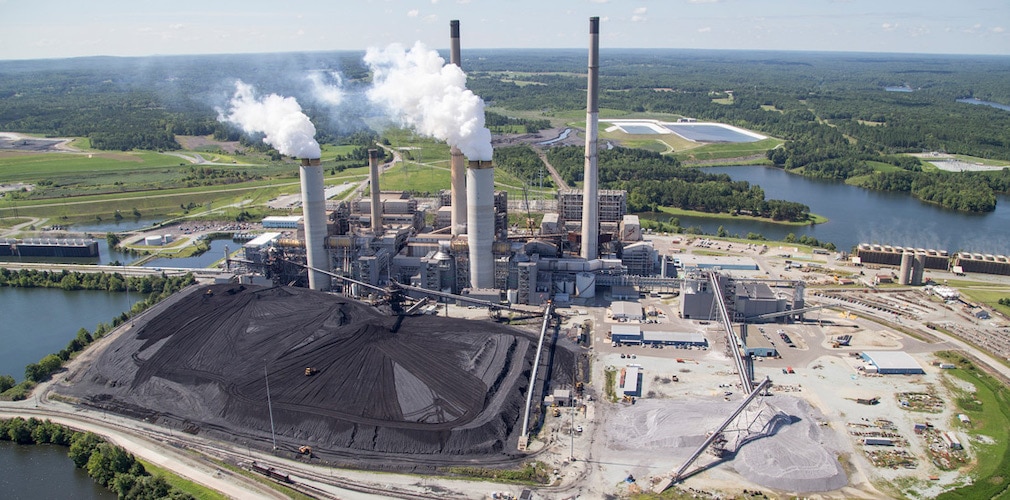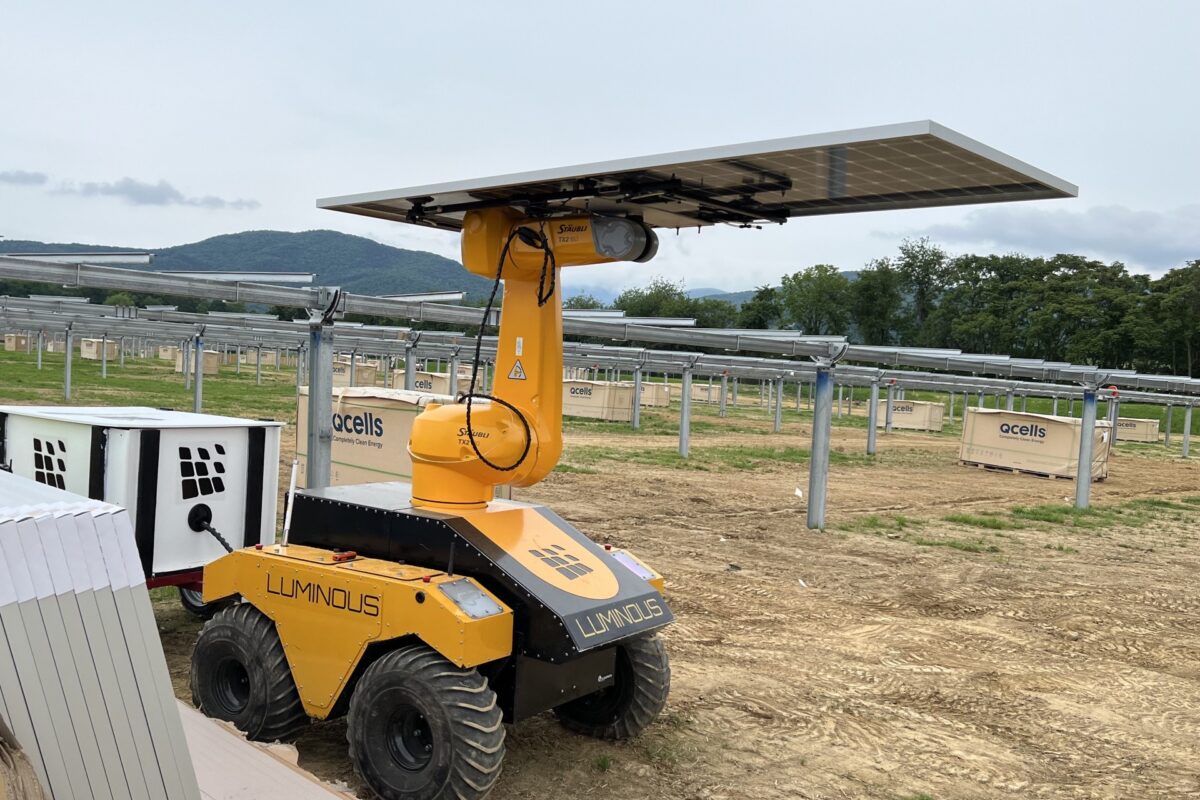From pv magazine USA
Malta Inc. and Duke Energy, using a Department of Energy grant, are partnering on a one-year study to assess the socioeconomic, environmental, and operational issues behind converting retiring coal units into long-duration, zero-emissions energy storage systems.
The two companies will look at integrating Malta’s 100 MW, 10-hour pumped heat energy storage system into existing infrastructure at a Duke Energy coal plant in North Carolina.
Malta’s system stores electricity either directly from a power plant or from the grid. It does this by converting electricity into thermal energy (heat and cold). The heat is stored in molten salt, a proven method of storing thermal energy, and the cold is stored in an antifreeze-like solution with components and subsystems derived from the liquefied natural gas industry.
In practice, the system operates like a conventional power plant. When electricity is needed, the thermal energy powers a heat engine to energy. Because the system leverages well-understood concepts in a novel energy storage application, the companies said they are confident in safe and resilient operations, while hoping for an approach that eventually can become a viable commercial storage solution.
Malta said that its system can be configured to store up to 200 hours of energy; the study will focus on the energy industry’s current need for 10-12 hours of storage.
The Department of Energy announced the grant in March, and the team is currently identifying which of Duke Energy’s six coal plants in North Carolina is best suited to serve as the test site. Once a site is finalised and the study is complete, the team will deliver a list of findings, including an engineering conceptual study, a technology maturation plan, and a socioeconomic report on potential benefits.
Author: Tim Sylvia
This content is protected by copyright and may not be reused. If you want to cooperate with us and would like to reuse some of our content, please contact: editors@pv-magazine.com.








By submitting this form you agree to pv magazine using your data for the purposes of publishing your comment.
Your personal data will only be disclosed or otherwise transmitted to third parties for the purposes of spam filtering or if this is necessary for technical maintenance of the website. Any other transfer to third parties will not take place unless this is justified on the basis of applicable data protection regulations or if pv magazine is legally obliged to do so.
You may revoke this consent at any time with effect for the future, in which case your personal data will be deleted immediately. Otherwise, your data will be deleted if pv magazine has processed your request or the purpose of data storage is fulfilled.
Further information on data privacy can be found in our Data Protection Policy.